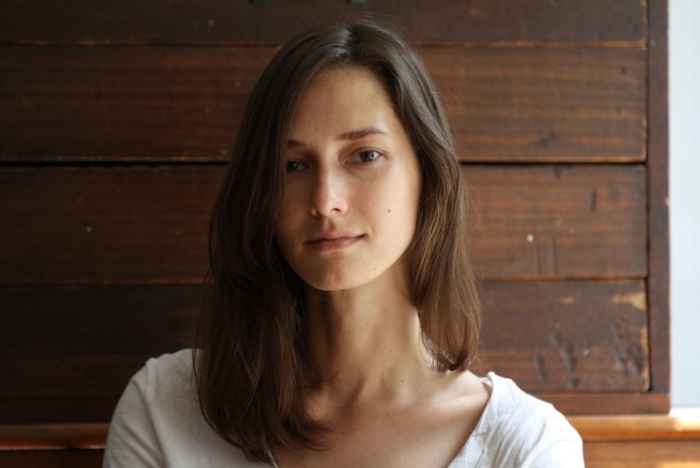Dr. Ashley Mears (Visiting Faculty Fellow, Fall 2013)

Having just completed a round of data collection on a new project, by Fall 2013, with a junior sabbatical from my home department of sociology at Boston University, I looked forward to a semester of deep immersion in my data analysis and writing up results while being away from teaching. My work investigates gender, culture and stratification processes, so the University of Amsterdam — and the Amsterdam Research Center for Gender and Sexuality in particular — offered a perfect intellectual foster home that made a lasting impact on my work and how I think about qualitative research.
With data in hand, I arrived in Amsterdam hoping for exposure to fresh ideas and the chance to engage with a different set of colleagues outside of my regular interlocutors. Amsterdam proved to be the right place for this. The UvA’s Center for Gender and Sexuality provides a wealth of opportunities from talks and symposia to meet and work with interdisciplinary scholars, both based in Amsterdam and around the world, as well as their many postdoc and PhD students. Early on, I was invited to present my work on cultures of consumption among the global elite in a public lecture at ARC-GS. Here I tried out new lines of arguments from my data in a well-advertised and well-attended lecture, and I got tremendous feedback from sociologists, anthropologists, an East Asian Studies scholar, and a historian. We continued our conversations afterwards in a lively dinner—and even afterwards in a walking tour of the Red Light District hosted by an anthropologist expert.
While ARC-GS brings together global scholars from across the disciplines, I spent much of my daily work routines in the sociology department at UvA, which is home to a group of high-caliber cultural sociologists whose work has the rare balance of being both theoretically cutting edge and methodologically innovative and rigorous. I was immediately welcomed into several workshops across groups in the social sciences, some for rough drafts and works-in-progress, and others for more formal presentations. The feedback I received from these groups was invaluable, as was the structure of regular meetings in my otherwise fairly unstructured time in Amsterdam. The social sciences regularly host lectures, conferences, and events, and one such conference on the global art market brought in prominent scholars even from my home base of Boston. I attended roughly two events per week, and had to be pretty discerning to focus on my own writing.
Small things about my time at the University made quite an impression. For instance, colleagues at the university generally share a sense of work-life balance which they protect; I was surprised that the offices actually close at 6 p.m. on Fridays, a mindset I very much appreciate coming from a country with ever expanding (though not necessarily more productive) work hours. The efficiency with which I was immediately integrated into university was also impressive—I was checking out books and accessing the Wi-Fi network on my first day. In short, the university works well, and it’s a good place to work. Finally, true to associations of the Dutch with art and design, I found the posters advertising talks and lectures to be surprisingly sophisticated as design objects, apparently due to a reserve of talented undergrad students. I brought several of these posters home to hang in my office.
A broader impact from being at the UvA has been a shift in how I think about what’s possible for qualitative research projects. As an ethnographer and an in-depth interviewer, I have tended to work independently, immersing myself into particular social worlds in order to document nuanced social processes up-close and in-person. At the UvA, however, an expectation and norm of career achievement is in securing large, often government-sponsored grants to conduct research. For a qualitative social scientist it was novel and inspiring to see fellow ethnographers and interviewers striving for and then managing huge sums of money in multi-pronged research streams, often necessitating collaboration with scholars and postdoc students from around the world, for instance on the global art market, changing beauty ideals in European states, and the globalization of sport. Within these diverse topics in anthropology and sociology, faculty assemble and manage a team of postdocs to slice a research problem into multiple comparative parts. The university is organized in ways that support faculty in the pursuit of grants, such as workshopping new grant applications among faculty before submission, even inviting experts from other universities to help improve prospective grant applications. This all makes the UvA one of the most impressive universities to secure large-scale government grants in Europe, and is something that has opened up my sense of the possibilities in terms of scope and breadth for qualitative methods.